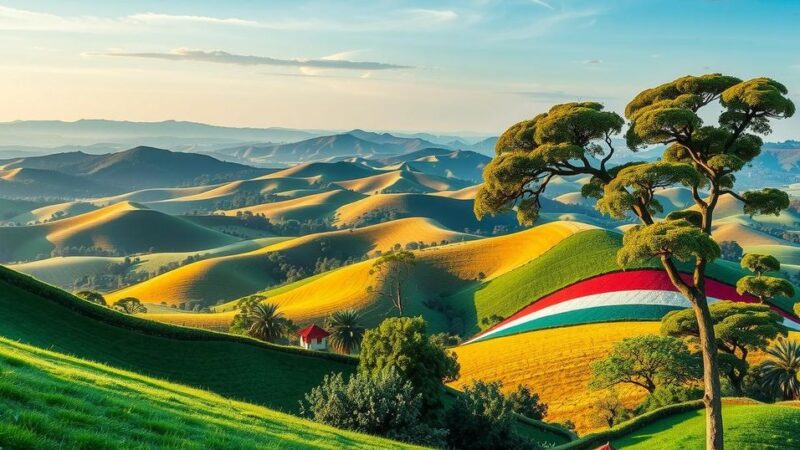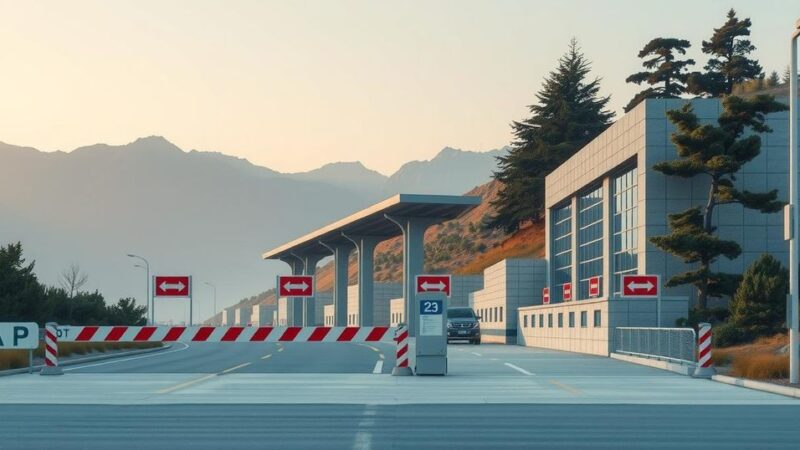Burundi is a linguistically diverse country with Kirundi, French, and Swahili as official languages, currently grappling with ethnic tensions and civil unrest that has deeply affected its population and economy. The nation’s agricultural sector serves as the economic foundation, although widespread poverty and political turmoil impede significant growth and development opportunities.
Burundi recognizes three official languages: Kirundi (also referred to as Rundi), French, and Swahili, the latter being prevalent in commercial hubs such as Bujumbura. While Kirundi is a unifying language spoken by both Hutu and Tutsi populations, this linguistic uniformity is atypical across sub-Saharan Africa. The nation’s Christian demographic is primarily Roman Catholic, with a significant Protestant minority and a small Muslim presence. Past interactions between church and state have spurred ethnic tensions, exacerbated by political conflicts since the late 20th century.
Burundi’s hilly terrain impacts settlement patterns, leading to dispersed family compounds which hinder community cohesion. Despite these challenges, the country has a substantial population density, with urban areas being limited mainly to Gitega, Muyinga, and Bujumbura. Civil unrest in the 1990s caused a mass displacement of Hutu individuals, prompting them to seek refuge within camps both domestically and in neighboring nations. The influx of Rwandan refugees following their own crisis further strained Burundi’s resources, particularly affecting women and children.
The demographic profile of Burundi shows a high birth and growth rate alongside a slightly elevated death rate. A significant proportion of the population is under 15 years of age, indicating a youthful demographic, albeit with low life expectancy reflective of broader African contexts. Agriculture remains the backbone of the economy, with cash crops like arabica coffee being vital exports, while three-fifths of the populace lives in poverty, predominantly due to political instability and reliance on subsistence farming.
Various crops thrive in Burundi’s fertile areas, yet the jasmine coffee yield suffered during crises, although it has recovered. Other agricultural outputs include tea, sugar, and cotton, though livestock productivity is stunted by overgrazing issues. Mineral wealth, including nickel and potential petroleum reserves, remains largely untapped, limiting the economic growth potential. The energy sector relies heavily on hydroelectric power, supplemented by minimal imports.
Manufacturing in Burundi is small-scale and centered predominantly in Bujumbura, with notable industries processing agricultural products. The financial infrastructure struggles with a growing trade deficit and reliance on foreign assistance, yet debt relief in 2005 provided some respite. Importation focuses on food and machinery, whereas coffee and tea constitute the main exports, with trade ties notably with China, the UAE, and the Democratic Republic of the Congo. Potential for tourism exists but is stifled by ongoing conflicts.
Burundi’s complexities are framed within its language, religious demographics, geographic constraints, historical civil unrest, and economic reliance on agriculture. The intertwining of ethnic identities, particularly between Hutu and Tutsi groups, sets a backdrop for understanding the country’s social dynamics. Moreover, the economic infrastructure reflects deep challenges stemming from past political upheavals, the persistence of poverty, and implications for future growth amid potential natural resource exploitation.
Burundi, characterized by its linguistic unity yet marked by ethnic divisions, faces ongoing challenges with demographics that highlight a young population amid economic strife. Agriculture remains the economic cornerstone, with coffee as a primary export, yet the effects of past conflicts linger, influencing settlement patterns, poverty levels, and economic growth. While there is potential for natural resource development and tourism, these avenues remain largely unrealized in light of political instability.
Original Source: www.britannica.com






